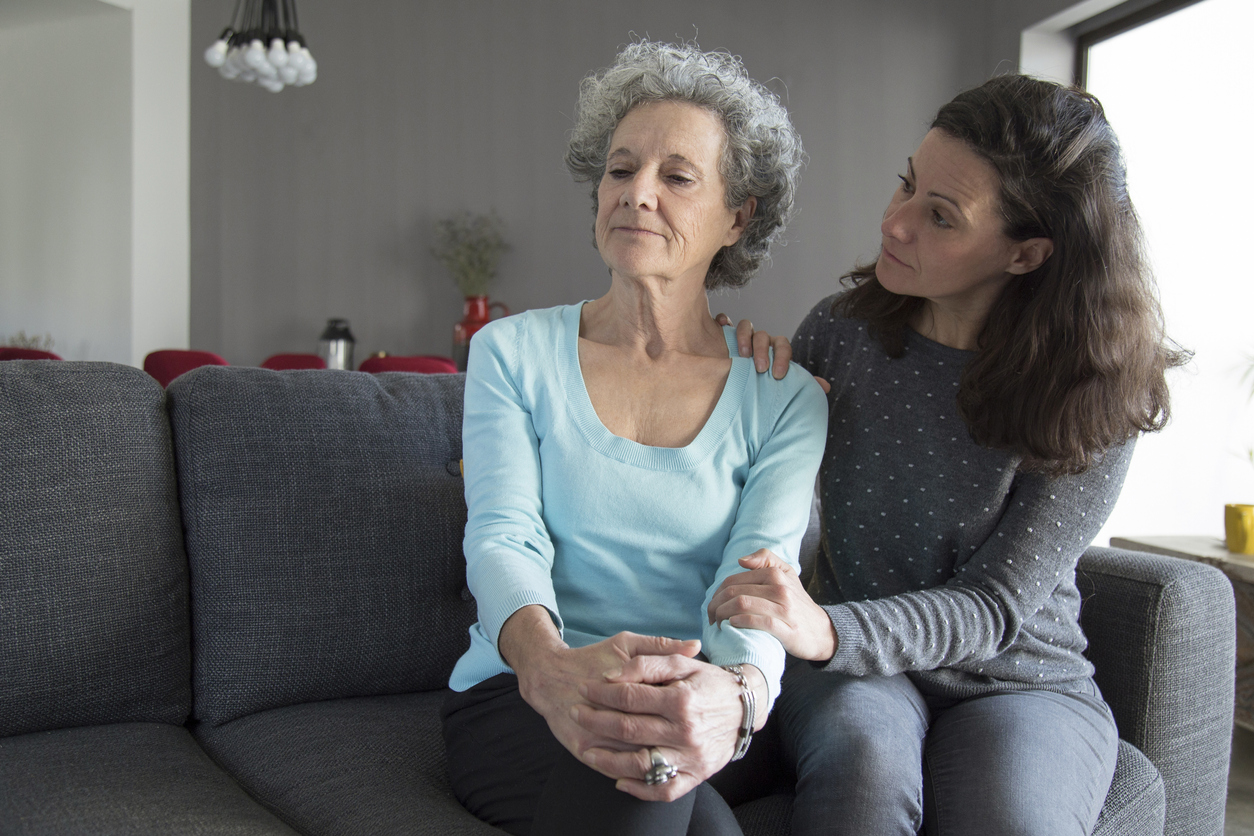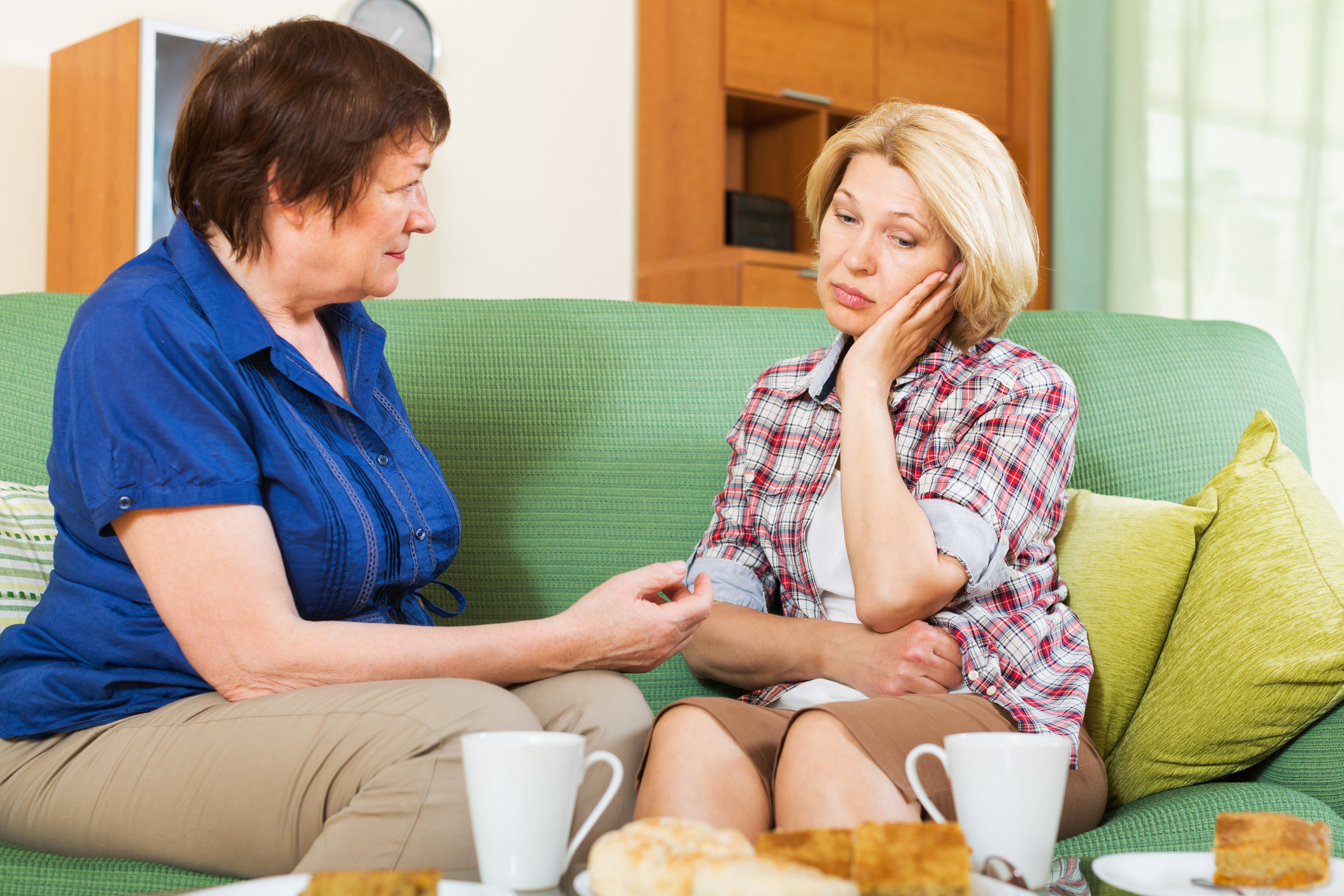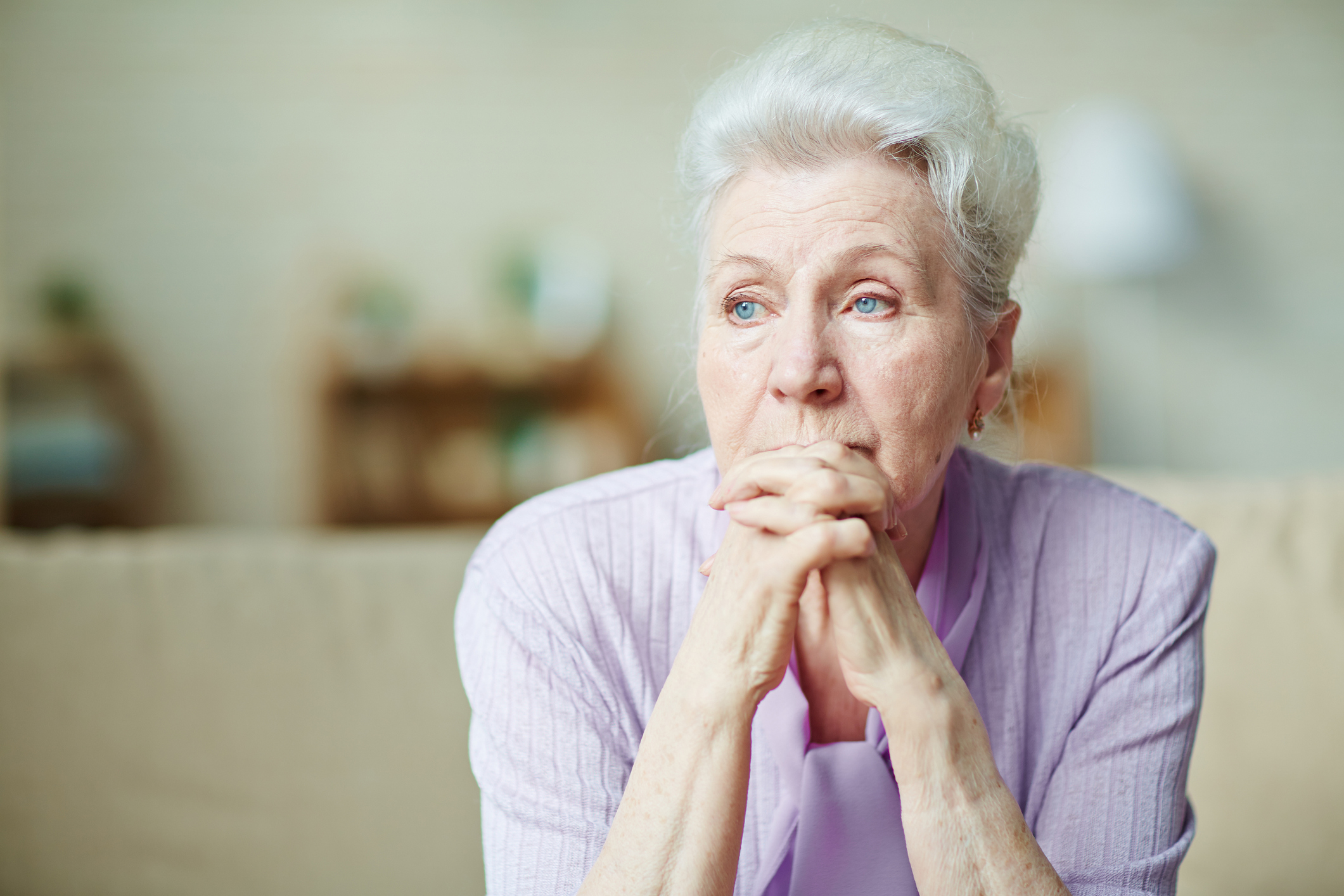Talking about metastatic cancer
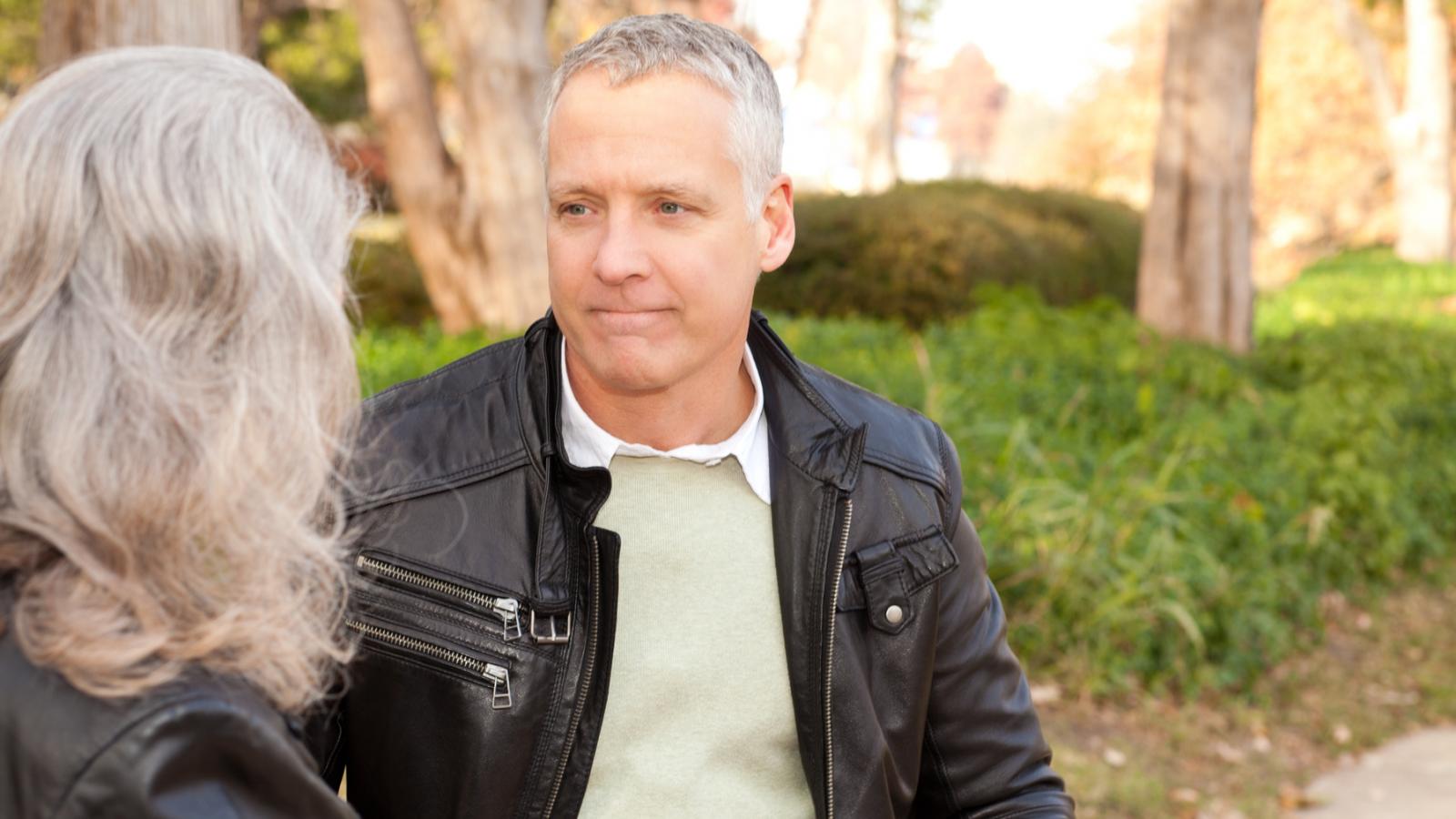
Telling people about your diagnosis
Telling family and friends that you have metastatic cancer can be very difficult. It may mean dealing with their upset or worries as well as your own. They might find our booklet Caring for someone with cancer helpful.
You may feel guilty, feeling that you are causing them to be upset or worried. If you’re finding it difficult to talk about your cancer, our booklet Understanding the emotional effects of cancer can help:
Talking to your partner
If you have a partner they are probably experiencing similar emotions to you. Cancer can bring you closer together or sometimes it can challenge a relationship that previously felt secure.
Talking about your feelings and fears can be very painful and this can make communication difficult at a time when talking openly is important. We have advice on talking about cancer and tips for communicating.
If you have problems working through issues it may be helpful to contact a social worker or counsellor. Talk to your GP or specialist nurse about this. We fund free counselling at local cancer support centres. Find out about counselling.
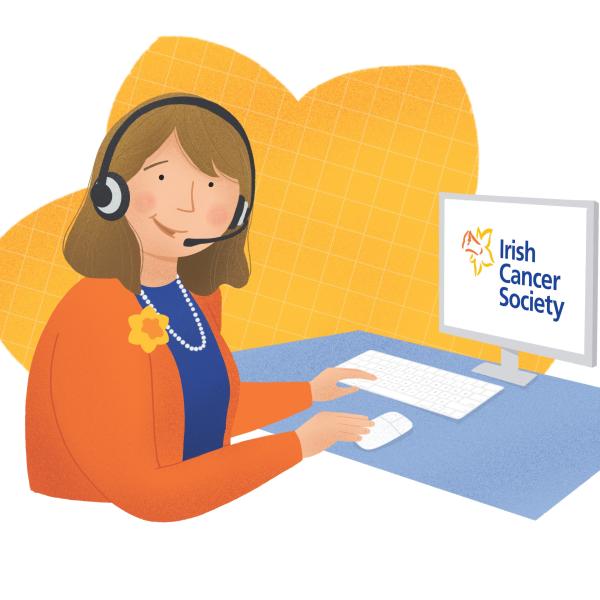
You can also speak to a cancer nurse in confidence by calling the Irish Cancer Society Support Line on 1800 200 700. You can also email the nurses at supportline@irishcancer.ie. Our nurses can also arrange counselling for you.
Talking to children and teenagers about metastatic cancer
Talking to children and teenagers about cancer is difficult. When you have metastatic cancer it can be even harder. Because your natural reaction is to protect your children, you may be tempted to say that everything will be fine. But in the long run, it is best not to give children false hope.
One question that most parents dread is ‘Are you going to die?’
Here are some suggestions for ways you might want to respond to the question:
- "Sometimes people die from cancer. "Thankfully many people with advanced cancer are living longer. I hope that the treatment I am getting will control my cancer but I know it won't cure it. I will let you know if my treatment is working. If there is any change in my cancer I will let you know."
"There is no way to know right now what’s going to happen. I’ll know more after the first treatments are finished. When I know more, I will tell you."
- "Right now we don’t know the answer to that question. But I’m going to give it my best shot and do everything I can to get well. I will always be honest with you about what is going on."
Even with metastatic cancer it is still important to balance hope with reality. By helping children face death together as a family, you are likely to help them adjust and recover from their grief quicker.
At this time you will want to consider what is important for you, how you want to spend the time and how your children can be involved.
We have a free booklet called Talking to your children about cancer. It has practical advice, with specific tips for talking to different age groups. It also has information on supporting children and teenagers and helping them to deal with their emotions. If you would like a copy or more advice, call our Support Line on 1800 200 700, visit a Daffodil Centre or download it below:

For more information
Phone
1800 200 700
